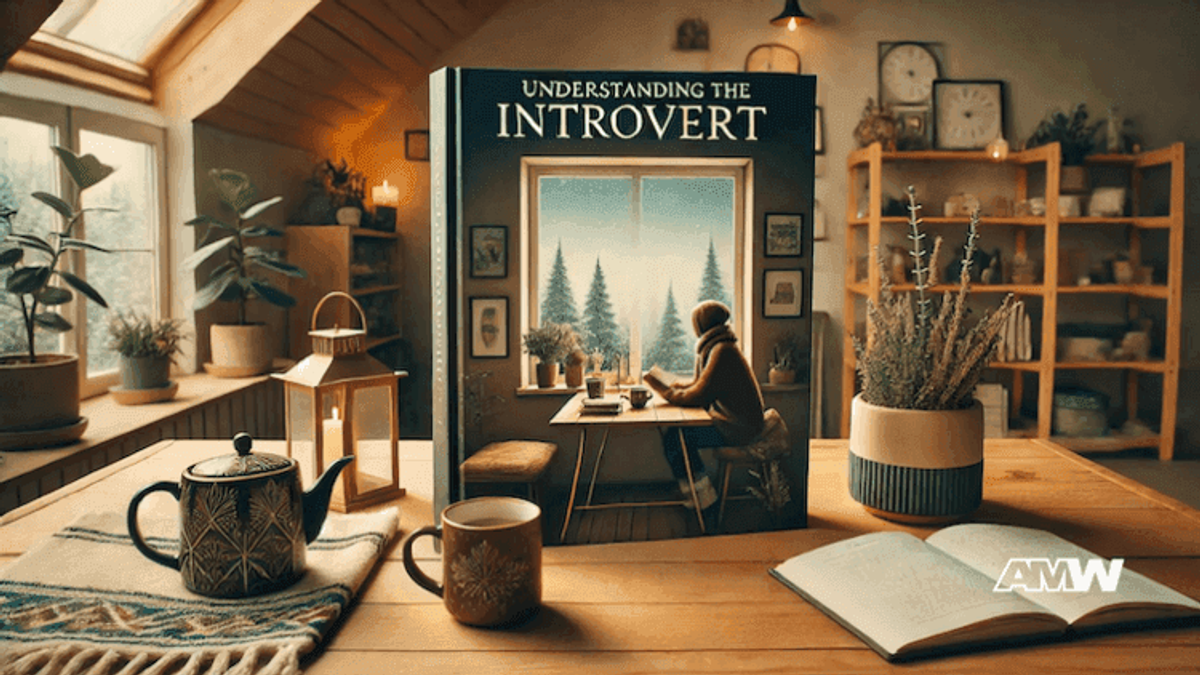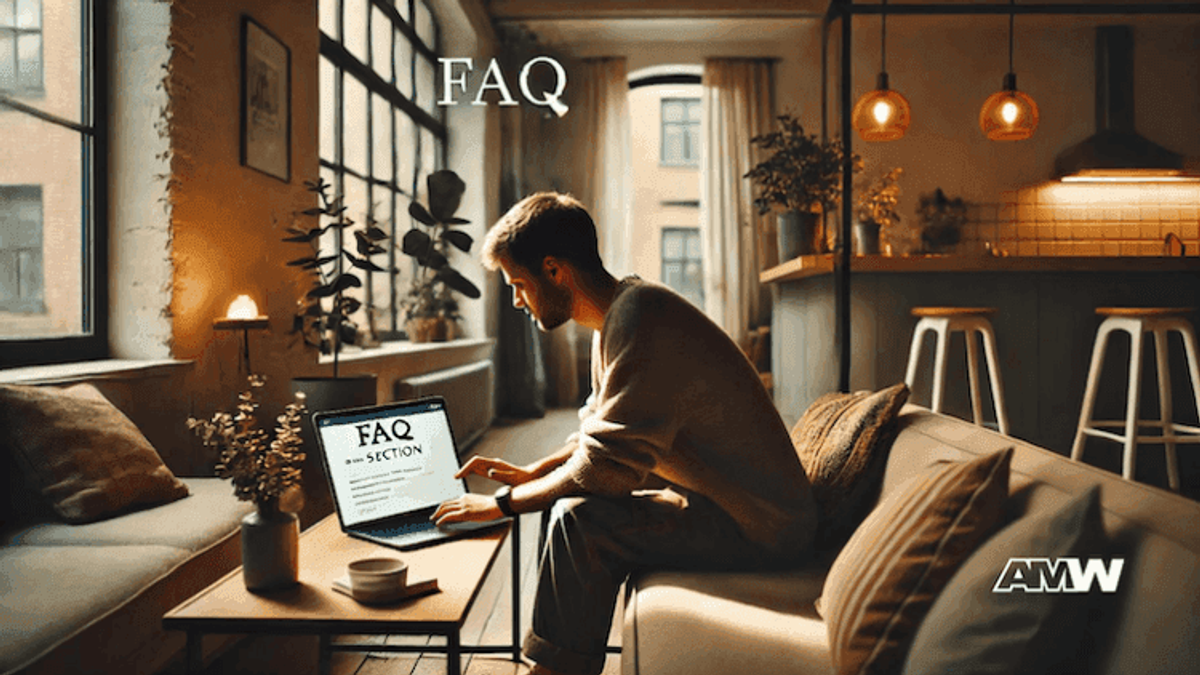Networking Event Strategies for Introverts

Networking events are pivotal for professional growth, providing opportunities to build connections, discover new opportunities, and exchange knowledge. However, for introverts, these events can present unique challenges.
Quick Summary
Networking events are essential for professional growth, but they can be particularly challenging for introverts. By preparing thoroughly, setting realistic goals, and seeking smaller interactions, introverts can navigate these gatherings more comfortably. Arriving early allows for quieter conversations, while effective follow-ups on platforms like LinkedIn help solidify connections. Emphasizing meaningful exchanges over quantity enables introverts to transform networking experiences into valuab
The crowded rooms, constant chatter, and the pressure to engage in small talk can be daunting.
This blog post aims to equip introverts with practical strategies to navigate and thrive in any type of networking event, from corporate networking events to social networking parties.
Ready to Grow Your Business?
Get a custom strategy tailored to your goals.
Understanding the Introvert's Perspective

Introversion is often misunderstood in the context of social networking events. Introverts tend to feel depleted after extended exposure to large groups, unlike extroverts, who gain energy from social interactions.
This does not mean that introverts are antisocial; rather, they prefer meaningful one-on-one conversations over mingling with large crowds.
Recognizing these tendencies is the first step in developing effective strategies for attending and benefiting from networking sessions.
Introverts face several challenges at networking gatherings. The noise and activity of a busy networking party can be overwhelming, making it hard to focus and engage. Additionally, the pressure to make quick, superficial connections at such events can be discouraging. Understanding these hurdles allows introverts to approach networking with a tailored strategy that plays to their strengths.
Pre-Event Preparation

Preparation is key for introverts to feel confident and in control at any networking event. Start by researching the event thoroughly. Look up the agenda, the types of business networking events being offered, and the list of attendees, if available. Knowing who will be there and what to expect can alleviate some anxiety.
For instance, identifying a specific networking event example from past events can provide insights into the event's structure and flow.
Setting realistic goals is another crucial step. Rather than aiming to meet everyone at the event, set a target to have a few meaningful conversations. This approach not only makes the event more manageable but also more rewarding.
Prepare conversation starters and questions in advance. These can be as simple as asking about someone's role or their thoughts on the event's topic.
Strategies During the Event

Arriving early at the event can significantly ease the experience. Early arrivals often face a quieter, less crowded environment, allowing for more in-depth conversations before the main rush begins.
This is particularly beneficial at in-person networking events where early moments can set the tone for the rest of the evening.
Seeking out smaller groups or individuals standing alone is another effective strategy. Introverts tend to thrive in intimate settings, and these smaller interactions can lead to more substantial and less stressful conversations. During these interactions, focus on listening more than talking. Active listening not only takes the pressure off needing to fill every silence but also makes the other person feel valued and heard.
Taking breaks is essential. If the environment becomes overwhelming, step out for a few minutes to recharge. Find a quiet spot where you can regroup before diving back into the networking session. These short respites can make the difference between an exhausting and a productive event.
Post-Event Actions

After the event, follow-up is critical. Send personalized messages to the people you connect with, referencing specific points from your conversations. This not only reinforces the connection but also demonstrates your genuine interest.
Ready to Grow Your Business?
Get a custom strategy tailored to your goals.
Platforms like LinkedIn are invaluable for maintaining these professional relationships. A well-crafted follow-up can turn a brief interaction at a corporate networking event into a long-term professional connection.
Reflecting on the event is equally important. Take some time to think about what strategies worked well and where you felt most comfortable. Use these reflections to adjust your approach for future events.
Whether it's a large-scale networking gathering or a smaller, niche networking party, continuous improvement will make each experience more manageable and beneficial.
Leveraging these strategies will help introverts not only survive but thrive at networking events. By understanding your own needs and preparing accordingly, you can turn every networking opportunity into a valuable experience.
Leveraging Technology

Technology can be a powerful ally for introverts attending networking events. Social media platforms, particularly LinkedIn, offer excellent opportunities to connect with other professionals before and after an event.
By engaging with attendees online beforehand, you can establish a sense of familiarity that makes in-person interactions easier. Additionally, many networking events now include digital components, such as apps that allow attendees to view profiles and set up meetings. Utilizing these tools can help introverts navigate the event with greater ease.
Networking apps are another useful resource. These apps are designed to facilitate connections and often include features that allow you to match with attendees based on shared interests or professional goals.
By using these tools, introverts can identify potential connections in advance, making the actual networking gathering more targeted and less overwhelming.
Building Confidence Over Time

Confidence in networking does not come overnight, especially for introverts. Starting with smaller, more manageable events can be a good way to build confidence. Look for local meetups or smaller industry-specific networking events where the atmosphere is more relaxed and less intimidating.
These types of networking events provide a comfortable environment to practice and hone your skills.
Regular practice is essential. The more you attend networking events, the more comfortable you will become. Set incremental challenges for yourself at each event, such as initiating a certain number of conversations or staying for a set amount of time.
Over time, these small steps will build your confidence and improve your networking abilities.
Ready to Grow Your Business?
Get a custom strategy tailored to your goals.
Joining groups or organizations that cater specifically to introverts can also be beneficial. These groups understand the unique challenges introverts face and offer support and strategies tailored to their needs. Participating in such groups can provide a safe space to practice and refine your networking skills.
Conclusion

Networking is an essential aspect of professional growth, but it doesn't have to be daunting for introverts. By understanding your own tendencies, preparing thoroughly, and leveraging technology, you can turn any networking event into a valuable opportunity.
Remember, it's not about the number of connections you make but the quality of those connections. With the right strategies, you can navigate networking events with confidence and ease.
FAQ

What if I feel overwhelmed during the event?
Take a short break in a quiet area to recharge. Remember, it's okay to step away for a moment to regain your composure.
How do I start a conversation with someone I don't know?
Prepare a few openers beforehand, such as commenting on the event or asking about their professional interests.
What should I do if I don't feel like talking to anyone?
Set small, manageable goals. Sometimes, just one or two meaningful conversations can make a significant impact.
How do I follow up without feeling awkward?
Send a brief, friendly message mentioning something specific from your conversation to remind them of who you are.
Are there specific networking events that are better for introverts?
Look for smaller, more focused events or those designed with networking breaks and quieter spaces.
How can I improve my networking skills over time?
Practice regularly, reflect on your experiences, and gradually challenge yourself with larger events as you build confidence.
What if I don't achieve my goals at the event?
Reflect on what you can learn from the experience and adjust your strategies for the next event. Remember, every event is a learning opportunity.
Can I bring a friend to a networking event?
Yes, bringing a friend can provide moral support and make the experience less intimidating. Just ensure you're still engaging with new people.
How do I keep a conversation going?
Ask questions that allow for detailed responses and genuinely show interest in the other person's answers.
What are some good follow-up practices?
Connect on LinkedIn with a personalized message, follow up with an email mentioning a specific point from your conversation, and suggest a coffee chat if appropriate.

Ready to Grow Your Business?
Get a custom strategy tailored to your goals.
Frequently Asked Questions
What are the best networking strategies for introverts who get drained by large crowds?
Introverts should arrive early when crowds are smaller, seek out one-on-one conversations or small groups, and take regular breaks to recharge. Focus on quality over quantity by setting realistic goals like having 2-3 meaningful conversations rather than meeting everyone. Prepare conversation starters in advance, practice active listening, and use quiet spaces to decompress when feeling overwhelmed during the event.
How should introverts prepare for networking events to reduce anxiety?
Research the event agenda, attendee list, and venue layout beforehand to know what to expect. Set specific, achievable goals like connecting with 2-3 people rather than trying to meet everyone. Prepare 3-5 conversation starters and questions in advance. Identify quiet areas for breaks and plan your arrival time early when crowds are smaller and the atmosphere is more manageable.
What conversation starters work best for introverts at networking events?
Focus on open-ended questions that encourage others to share: 'What brings you to this event?' 'What's the most interesting project you're working on?' or 'What trends are you seeing in your industry?' Comment on the event itself or ask for their thoughts on the speaker's presentation. These approaches shift focus to the other person, reducing pressure on you while creating meaningful dialogue.
How can introverts effectively follow up after networking events?
Send personalized LinkedIn messages within 24-48 hours, referencing specific conversation points to help them remember you. Mention something they shared about their work or interests, and suggest a concrete next step like sharing a relevant article or scheduling a brief coffee meeting. Keep messages concise but genuine, focusing on continuing the relationship rather than immediately asking for favors.
What types of networking events are most suitable for introverts?
Look for smaller, industry-specific events with 50 or fewer attendees, workshops with structured activities, breakfast networking sessions, or events with designated quiet networking spaces. Professional association meetings, lunch-and-learn sessions, and panel discussions with networking breaks work well. Avoid large cocktail parties or events focused solely on mingling without structured activities or conversation frameworks.
How can introverts use technology to make networking events easier?
Use LinkedIn to research and connect with attendees before the event, making in-person conversations feel more natural. Download event apps to view attendee profiles and schedule meetings in advance. Engage on social media using event hashtags to start conversations online first. Use networking apps that match you with compatible connections based on shared interests or professional goals.
What should introverts do when they feel overwhelmed during a networking event?
Step outside for fresh air or find a quiet corner to recharge for 5-10 minutes. Visit the restroom for a brief mental break, practice deep breathing, or review your conversation notes. Consider switching to listening mode in group conversations rather than actively participating. If necessary, politely excuse yourself early – it's better to leave with positive connections than to become completely drained and ineffective.
Related Resources
Calculators
Pricing Guides
Key Terms
Marketing strategy that promotes brands, products, or services through hosted or sponsored in-person or virtual events.
Attendee AcquisitionThe marketing strategies and tactics used to attract and convert target audiences into event registrants.
Event Experience DesignHolistic approach to creating memorable, purposeful attendee journeys at events.
Attendee Acquisition StrategyPlanned approach to attracting and registering target audiences for events.
Post-Event StrategyPlanned follow-up activities that extend event value and drive business outcomes.
Related Articles

The Ultimate Guide to Types of Events: From Seminars to Festivals
Events are the lifeblood of professional development, brand growth, and personal celebration. They are the stages upon which we share new ideas, foster connections, and create memorable experiences.

Top Event Management Companies: Transform Your Vision Into Unforgettable Experiences
Event management companies specialize in transforming client visions into memorable events by overseeing logistics, vendor coordination, and creative design. They cater to various events,...

Breakout Session Ideas for Your Next Conference
Discover effective breakout session ideas to energize your next conference and boost engagement.